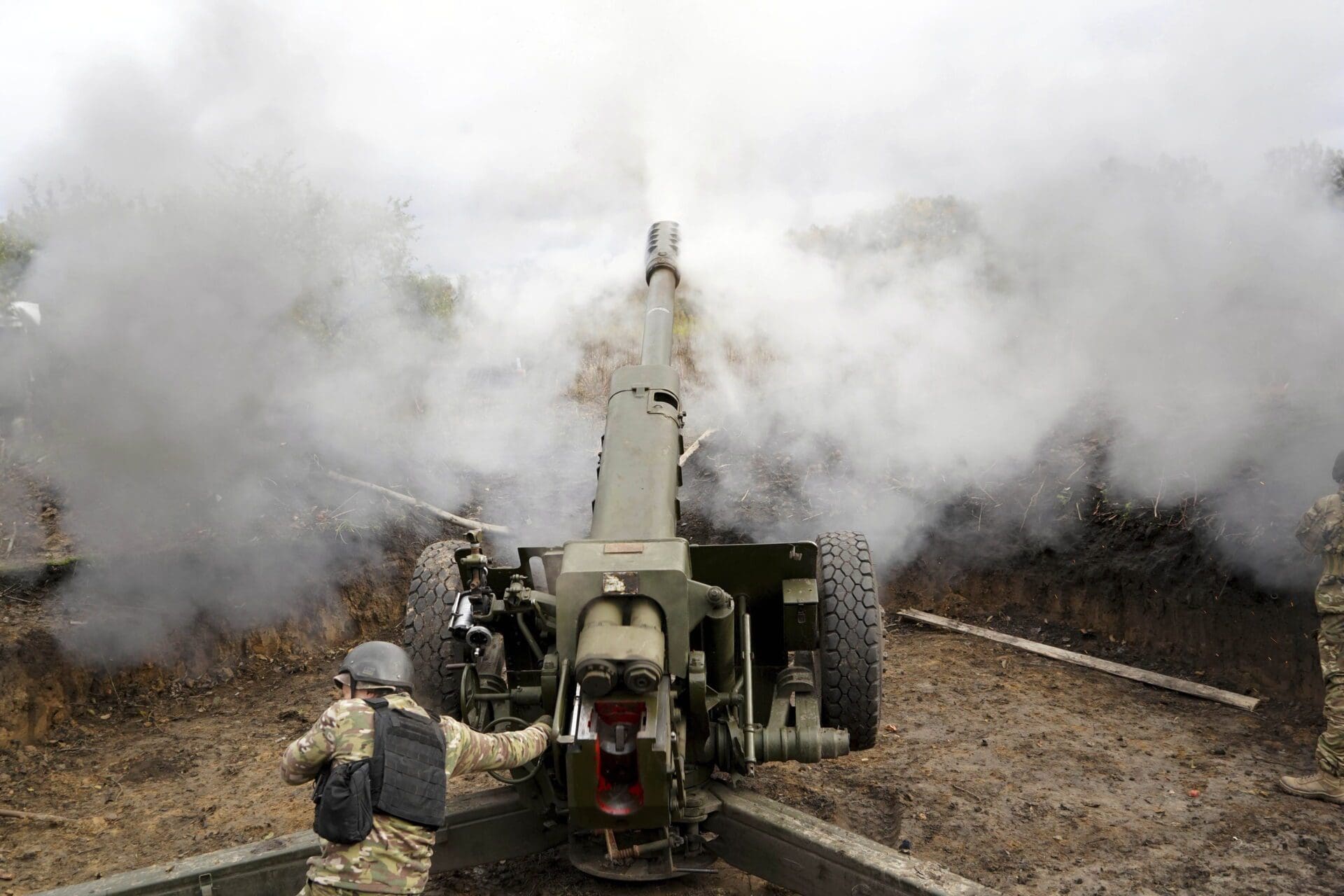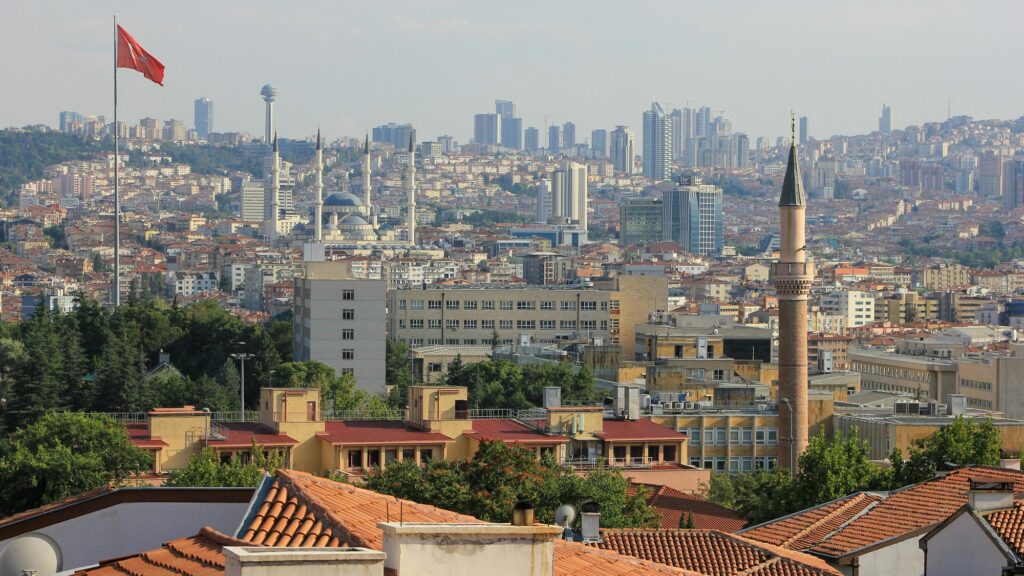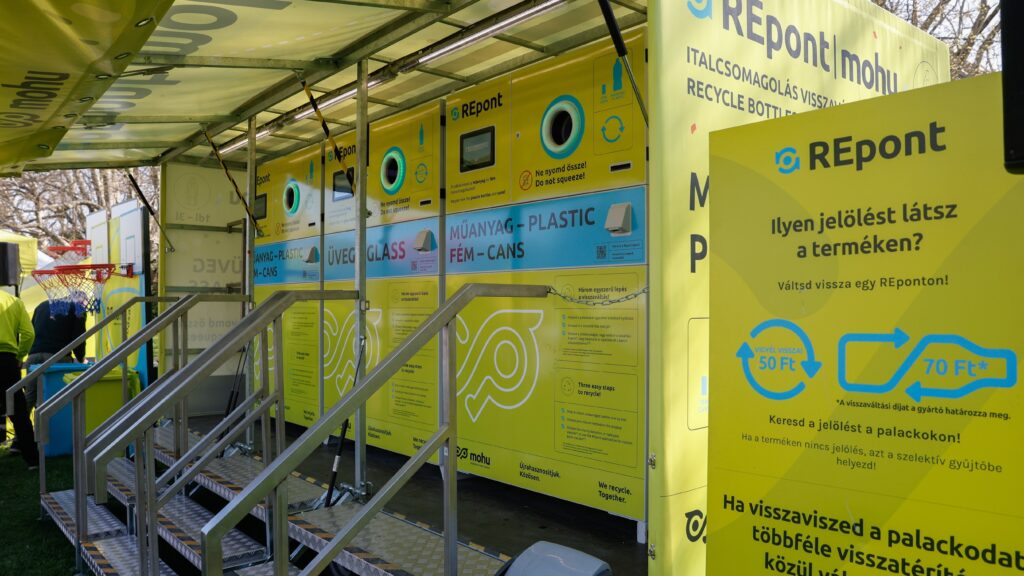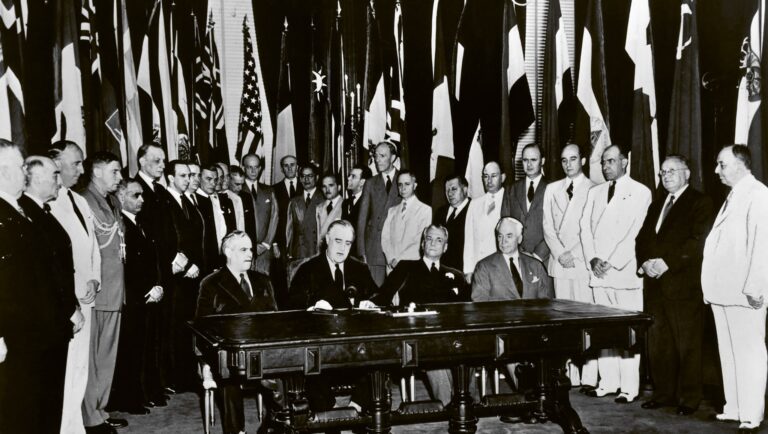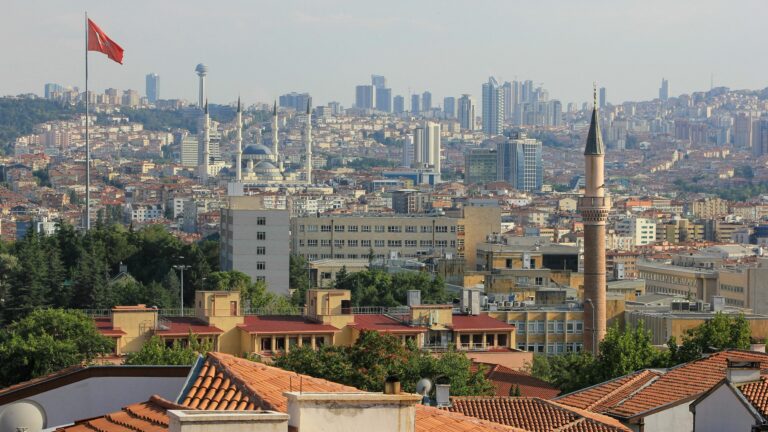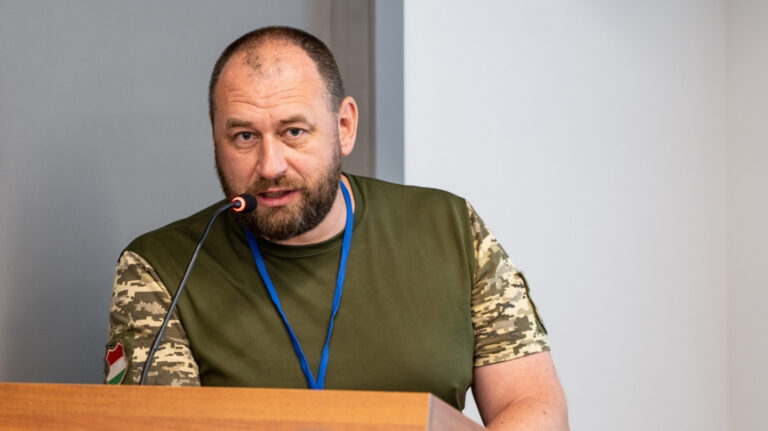What comes after Russia’s annexation of four Ukrainian regions?
On the last day of September, a now familiar ceremony took place in the Kremlin’s St George Hall, where President Vladimir Putin and the ethnically Russian leaders of four partially occupied Ukrainian regions signed a treaty of accession to the Russian Federation. The grandiose spectacle was analogous with the one that accompanied the official annexation of Crimea in 2014, in the very same hall, complete with a boisterous rendition of the Russian national anthem, a fiery Putin speech, and chants of ‘Russia! Russia! Russia!’ But what are the real-world consequences of these grand theatrics? How—if at all—will the war change?
What is certain is that almost no country will recognise the annexation, with the possible exception of Russia’s closest allies like Syria, Venezuela and Belarus. Incidentally, President Aleksandr Lukashenko waited until 2021 to recognize the Russian land grab in Crimea, so do not expect him to rush things, despite the fact that he is much more dependent on Russia for political survival than he was eight years ago. We already know that the Ukrainian military, which has scored some significant victories in their autumn offensive, will not take Russian grandstanding into account, and their Western allies have no intention—at least at this juncture—to order Kyiv to the negotiating table. We can safely assume that the annexation and the pageantry around it was strictly for domestic consumption.
Vladimir Putin is quite clearly preparing his people for the next stage of the war, but what will it be like? One possibility is that the Russian leadership feels that by mobilising an extra 300 thousand men, it will have the strength to stabilise the frontlines, and even complete the occupation of Donetsk Oblast. At this juncture, the Kremlin can simply declare victory, fortify its defences and resist Ukrainian attempts to take land back until either they run out of steam, or their Western backers run out of patience.
Short of a significant escalation and change in strategy, a frozen conflict is all Putin’s forces can achieve
This falls far short of what Mr Putin originally hoped for from this adventure but may be the only result his ‘special military operation’ can deliver. Back in February, Kremlin strategists probably dreamed of cutting Ukraine off from the Black Sea entirely, replacing the Zelensky government with a more pliable group of people, who would disarm the volunteer battalions (this is what was probably meant by ‘denazification’), and a formal peace treaty that would grant Moscow a veto over some of Kyiv’s foreign policy decisions, including, but not limited to, joining NATO. However, the Ukrainian armed forces never crumbled, the Zelensky administration proved far more stable and resilient than anybody expected, and Western military aid arrived in a timely, efficient manner. Short of a significant escalation and change in strategy, a frozen conflict is all Putin’s forces can achieve. That would be a welcome break for a Europe already suffering from the economic blowback caused by the war and the sanctions, but this would constitute a mere ceasefire, not sustainable peace.
Alternatively, President Putin may be laying the groundwork for a significant escalation. This is made more likely by the increasingly heated rhetoric that is coming out of Moscow. In his speech in the St George Hall, the Russian president launched into a vitriolic tirade aimed at not just Ukraine, but also the West as a whole, which he described, in quite vibrant colour, as slave-trading, colonising imperialists. Since that speech, other Kremlin officials and talking heads in the media felt that they were given the green light to unleash their worst verbal impulses. At the time of writing, there are strong rumours in various Russian media that President Putin will soon deliver a televised address, in which he will announce that the ‘special military operation’ will now become a ‘counter-terrorism operation’. The war propaganda is truly reaching a fever pitch.
All of this means that we may be on the verge of the ‘special military operation’ being turned into all-out war. Until now, the Russians were careful to avoid damaging vital civilian infrastructure. There is electricity, gas, cell phone reception and internet connection virtually everywhere in Kyiv-controlled Ukraine. Trains are running, the road network is largely unaffected. Russia has the aircraft and the 20th century ‘dumb’ bombs in more than sufficient supply to wreak havoc on Ukraine—they just haven’t chosen to do that yet. Perhaps it is because they wanted to minimise the number of war planes shot down by Ukraine’s quite competent air defences, or because they were expecting to foot the bill for reconstruction after a victorious end to their war. All of that might change soon.
Claiming that a foreign army is spilling Russian blood on Russian soil, Mr Putin may soon declare a ‘patriotic war’ instead of the ‘special military operation’. He may order his air force to attack Ukraine’s power stations, fuel and gas storage facilities, communication centres, railway and road networks. Unleashing total war on Ukraine’s civilian infrastructure as winter approaches may cause a new wave of refugees running to safety in the EU. Mr Putin is not averse to using mass migration as a tool of war, and these tactics would kill two birds with one stone: it would significantly weaken Ukraine, but millions upon millions of new refugees would also shake the European countries that have to take them in, at a time of sky-high energy costs and rising food prices to boot.
Such an air campaign would also alter the balance of forces on the frontlines. The Ukrainian military would be forced to redeploy much of their air defences away from the line of contact back to the hinterland to protect vital installations, which would significantly decrease the dangers Russia’s formidable close air support aircraft face over the battlefield. Ukrainian heavy weapons, including the vaunted HIMARS systems would be pinned down to avoid detection and air strikes. With the mobilisation in effect (and provided they can overcome the ludicrous mistakes of the first days), Russian commanders will be more willing to risk casualties, and we may see the return of armoured warfare tactics that failed in the first weeks of this campaign in a much less restrained way, with the Russians suffering more losses, but also inflicting much more pain on the Ukrainian formations.
Our direct and indirect sanctions on Russian energy, food and fertiliser exports have severely backfired
Neither of these scenarios is attractive for either Ukraine or Europe, but arguably, the one involving a large-scale escalation is by far the worst of the two. Unfortunately, it is also the one that is much more likely, not least because Russia wants to see Europe suffer this winter and therefore it is very unlikely to go for even a temporary settlement. Our direct and indirect sanctions on Russian energy, food and fertiliser exports have severely backfired. By importing the effects of the war into Europe all the eurocrats have achieved is that we must now face the most perilous winter since 1945. Businesses will shut down; millions of people will be laid off across the continent. The Kremlin is probably counting on popular discontent sweeping away several governments that they see as hostile. They may not be wrong. Paradoxically, the vaunted European sanctions may act as an incentive for Russia to prolong the conflict as it seeks to have us inflict even more pain upon ourselves. Worst of all, this does not help Ukrainians at all—instead, the sanctions may act as a tangential cause of their increased suffering.

